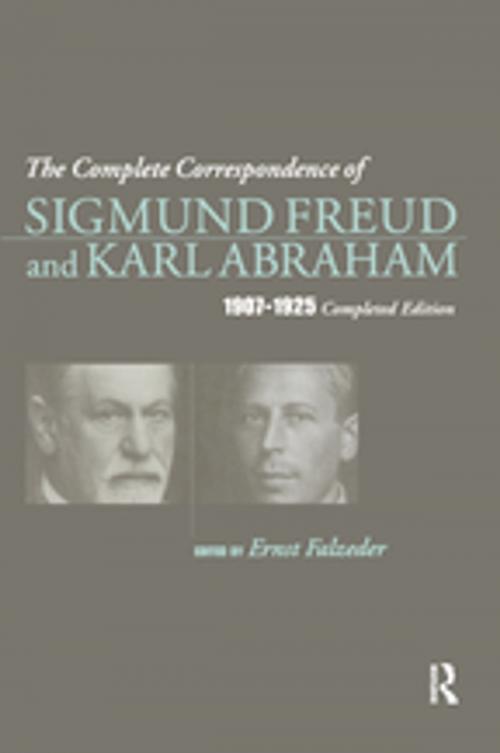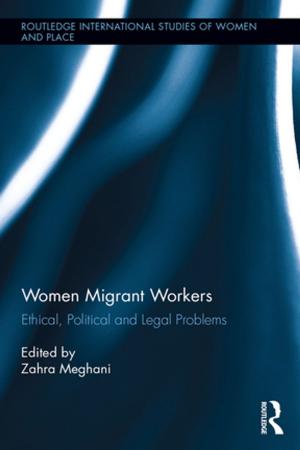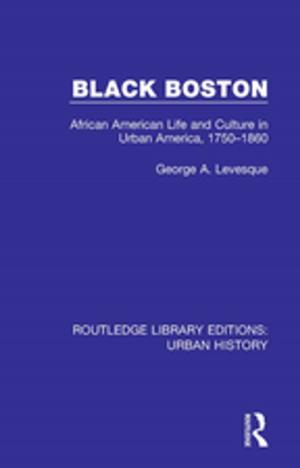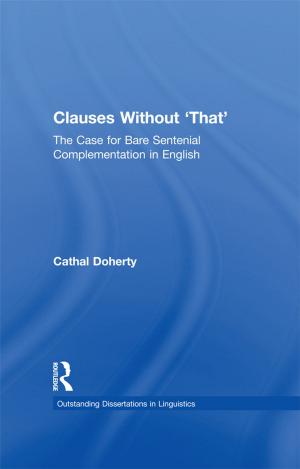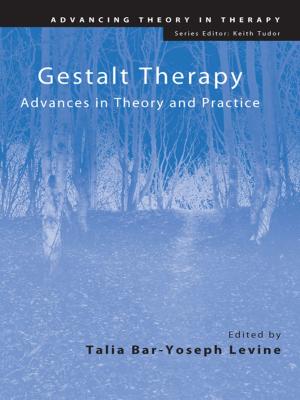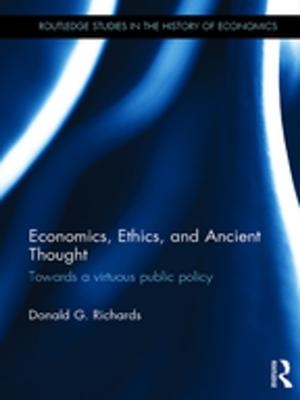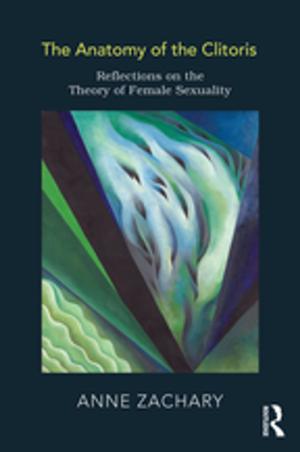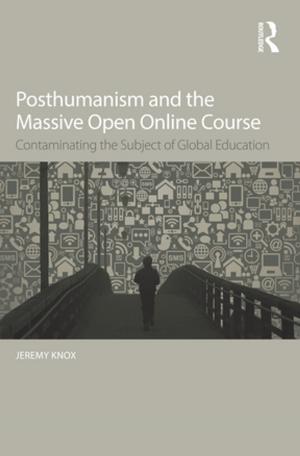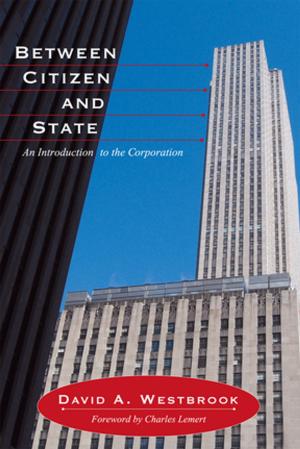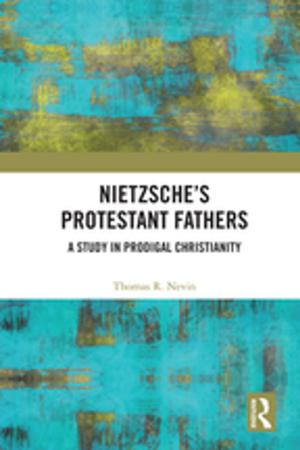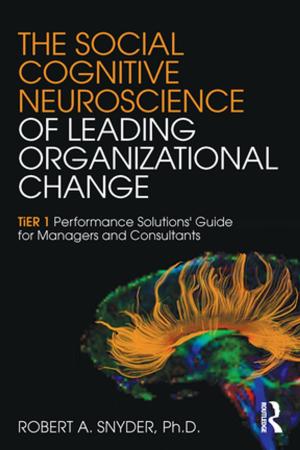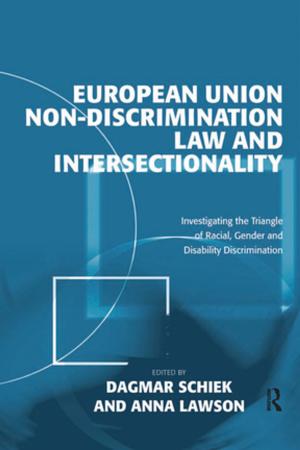The Complete Correspondence of Sigmund Freud and Karl Abraham 1907-1925
Nonfiction, Health & Well Being, Psychology, Mental Health| Author: | Karl Abraham | ISBN: | 9780429920325 |
| Publisher: | Taylor and Francis | Publication: | November 7, 2018 |
| Imprint: | Routledge | Language: | English |
| Author: | Karl Abraham |
| ISBN: | 9780429920325 |
| Publisher: | Taylor and Francis |
| Publication: | November 7, 2018 |
| Imprint: | Routledge |
| Language: | English |
Karl Abraham was an important and influential early member of Freud’s inner circle of trusted colleagues. As such he played a significant part in the establishment of psychoanalysis as a recognised and respected discipline. Regarded by Ernest Jones as one of the best clinical analysts among his contemporaries1 he also elaborated and expanded upon Freud’s theories. Exploring first-hand the complex relationship and rivalries that existed not only between Freud and his master pupil, but also the details of their combined and individual relationships with Jung, this substantial and absorbing collection of letters enables the reader to gain valuable insights into these two pioneers of psychoanalysis.‘Since psychoanalysis is established as an essential part of the history of ideas for the last century, intellectual historians should relish the fact that an absolutely excellent and full edition of this correspondence has finally come out.’
Karl Abraham was an important and influential early member of Freud’s inner circle of trusted colleagues. As such he played a significant part in the establishment of psychoanalysis as a recognised and respected discipline. Regarded by Ernest Jones as one of the best clinical analysts among his contemporaries1 he also elaborated and expanded upon Freud’s theories. Exploring first-hand the complex relationship and rivalries that existed not only between Freud and his master pupil, but also the details of their combined and individual relationships with Jung, this substantial and absorbing collection of letters enables the reader to gain valuable insights into these two pioneers of psychoanalysis.‘Since psychoanalysis is established as an essential part of the history of ideas for the last century, intellectual historians should relish the fact that an absolutely excellent and full edition of this correspondence has finally come out.’
